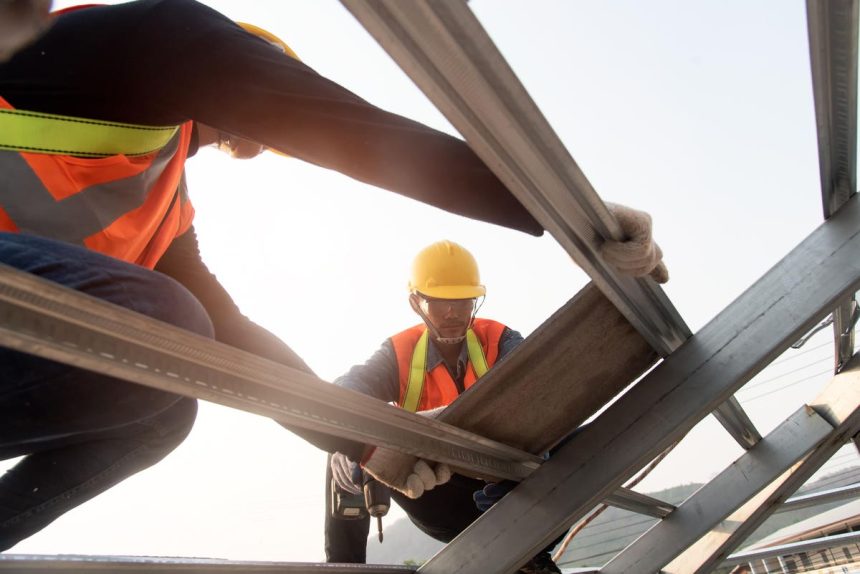Property Coach | Investment Property Advisor | Buyers Advocate | Data Scientist, CEO & Founder of Investor Partner Group.
The construction industry in Australia is facing grim challenges after the collapse of some of its bigger names, including Porter Davis, leaving consumers with increased costs, delays and holding expenses. With more builders going bust, I see a growing distrust between builders and buyers about the stability of projects.
Although I have previously spoken about why these insolvencies happened in the first place, I’d like to give a brief detail on what I see as having led to the builders’ collapse and why the industry is headed toward stability in the months to come.
Understanding Builders’ Insolvencies In Australia
I see how the insolvency crisis can be directly attributed to builders working with owner-occupiers rather than developers directly. This happened after the introduction of the HomeBuilder grant introduced by the Australian government in June 2020 in response to the pandemic. Although it supported the owner-occupier at that time, it led to an influx of builders.
This was exaggerated by the rising cost and fixed-price contracts that led to more builders going bust. The fixed price contracts became a major issue as the builders didn’t have funds to return to customers, leading to financial strain and inability to complete projects.
The pandemic, along with geopolitical events like Russia’s invasion of Ukraine, has disrupted supply chains, causing delays and price fluctuations in construction materials. Moreover, labor shortages have exacerbated the issue leading to costly delays and the inability to meet project deadlines.
While this was all circumstantial, many property owners were left in limbo with no regulations to provide insurance in case of builders going bust, and this was a major blow to the overall builders’ trust among the buyers.
What’s Next For The Building Sector?
Despite the challenging environment, there is some evidence that the costs are stabilizing in the coming few months. CoreLogic’s Cordell Construction Cost Index (CCCI) indicates a lower quarterly growth rate of 0.7% for the June quarter, reported as the lowest rate since September 2020. While annual growth remains high, it is an improvement compared to the previous year’s record rise.
As the costs stabilize, I see a positive outlook for the industry as consumer confidence restores in the industry. This in turn can give consumers confidence that cost pressures are abating, reducing the likelihood of builders asking for more money or going bankrupt. Secondly, stabilized costs, combined with rising interest rates and reduced borrowing capacity, create more financial stability for prospective buyers.
Moreover, I expect to see fewer builder collapses as they are able to complete projects at the agreed-upon fixed price.
While the upward trend in construction prices is encouraging, there is still considerable unpredictability between product categories. However, as the significant increases experienced in the past year have subsided, this is offering some relief to struggling builders and the construction industry overall.
A Critical Juncture
The construction industry in Australia is at a critical juncture, grappling with an insolvency crisis driven by rising costs, fixed-price contracts, supply chain issues and inflation. This crisis has created a lack of trust between builders and buyers, making it essential for regulatory reforms and increased consumer protections to safeguard both parties.
For buyers, being aware of the risks associated with builder bankruptcies remains essential. Builders working with developers may have higher margins and benefit from prompt project completion, while those working with owner-occupiers are at greater risk due to lower margins and potential cash flow issues.
In order to boost confidence in the construction sector and create a more dependable and prosperous building environment for both builders and customers, stable construction costs and tighter regulatory measures will be crucial.
Forbes Business Council is the foremost growth and networking organization for business owners and leaders. Do I qualify?
Read the full article here










